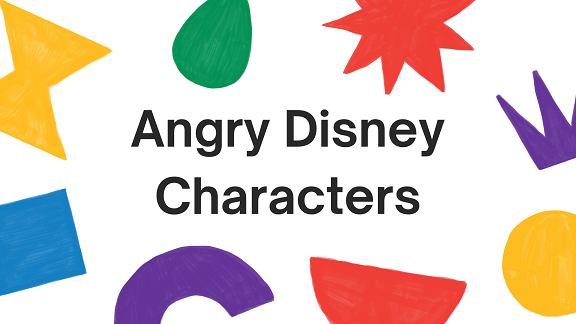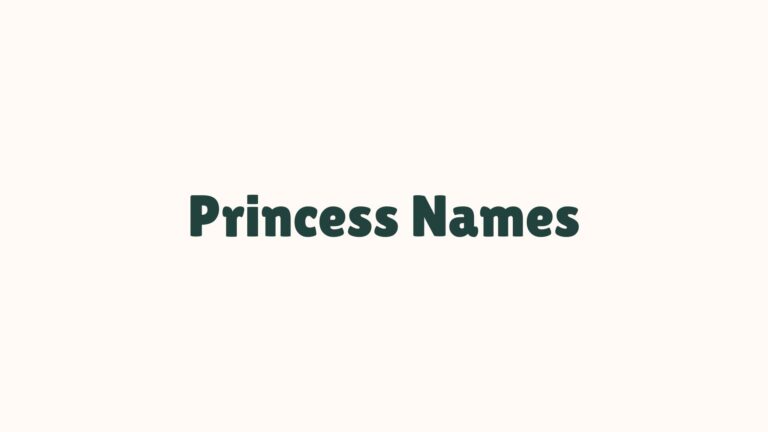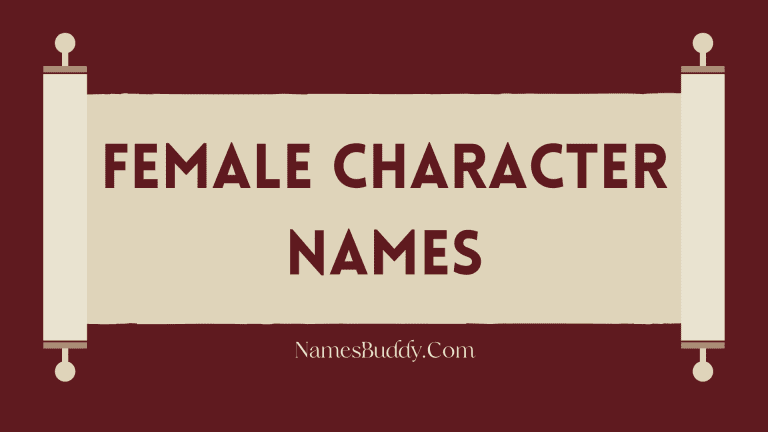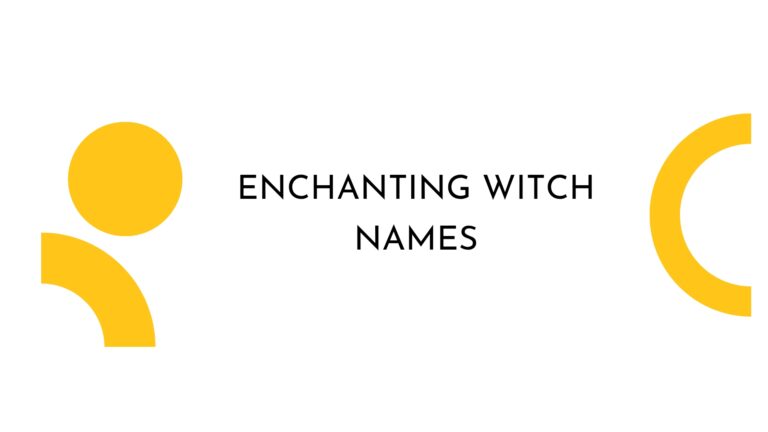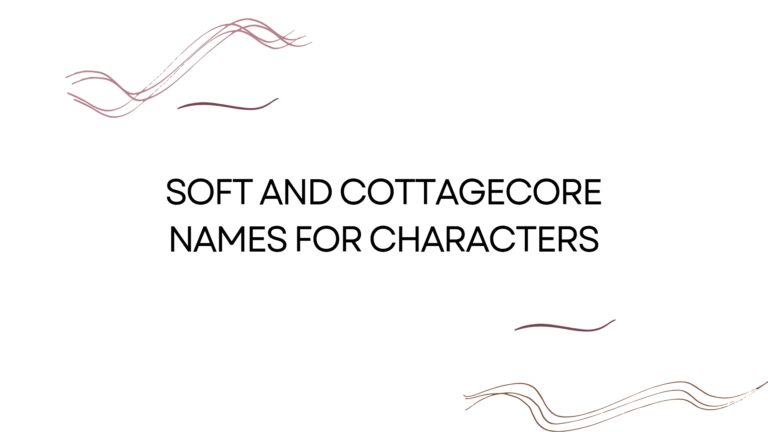100 Unique Noble Character Names
Selecting the ideal name for a noble character may be a fun and exciting aspect of world-building, but it can also be difficult.
Be it a lofty king, a wily duchess, or even an honorable knight, a character’s name can invoke power, prestige, and history.
The names of nobility have meaning; they represent lineage, heritage, and history.
In this post, we’ll look at ideas for noble names, from classic medieval aristocracies to originality and fantasy.
From historical fiction to a royal court drama to epic fantasy, let’s take the plunge into the process of naming characters fit for thrones, courts, and castles.
noble character names
Aelric – Anglo-Saxon, “noble ruler”
Edmund – Old English, “protector of prosperity”
Leopold – Germanic, “brave people”
Cassian – Latin, “hollow” (linked to nobility in ancient Rome)
Roderick – Old High German, “famous ruler”
Isolde – Old German, “ice ruler”
Theodric – Gothic, “people’s ruler”
Seraphina – Hebrew, “burning one,” symbolizing purity and power
Percival – Old French, “pierces the valley” (a knight of King Arthur’s court)
Aurelius – Latin, “golden”
Evangeline – Greek, “bearer of good news”
Lysandra – Greek, “liberator of men”
Godfrey – Old German, “peace of God”
Isambard – Old German, “iron bright”
Octavian – Latin, “eighth-born,” referencing ancient Roman nobility
Rosamund – Old German, “horse protector” or “pure rose”
Alaric – Old High German, “ruler of all”
Selene – Greek, “moon goddess”
Baldric – Old English, “bold ruler”
Eleonora – Old French, “light” or “torch”
Lucian – Latin, “light”
Genevieve – Old French, “woman of the race” or “tribe leader”
Caius – Latin, “rejoice”
Melisande – Old German, “strong in work”
Everard – Old English, “brave boar”
Agravain – Arthurian legend, associated with knighthood and valor
Giselle – Old German, “pledge” or “noble hostage”
Ambrose – Greek, “immortal”
Victoria – Latin, “victory”
Thalric – Old Norse, “leader of the hall”
Sabine – Latin, “Sabine woman,” tied to ancient Roman heritage
Reginald – Old German, “counsel power”
Adalyn – Old German, “noble”
Bastian – Greek, “venerable” or “revered”
Vivienne – Latin, “alive” or “full of life”
Emrys – Welsh, “immortal” (associated with Merlin in Arthurian legend)
Isolde – Old German, “ice ruler”
Harald – Old Norse, “army ruler”
Calista – Greek, “most beautiful”
Luther – Old German, “army of the people”
Elysia – Greek, “blissful” or “from Elysium”
Tybalt – Old German, “bold people”
Rowena – Old English, “fame and joy”
Magnus – Latin, “great”
Astrid – Old Norse, “divinely beautiful”
Tristan – Welsh, “sorrowful” or “tumult,” famously tied to Arthurian legend
Leandra – Greek, “lion woman”
Dorian – Greek, “descendant of Dorus”
Aveline – French, “hazelnut” or “desired”
Almeric – Old German, “work ruler”
Sigrid – Old Norse, “victory-bringer”
Malric – Old High German, “ruler of justice”
Cordelia – Celtic, “daughter of the sea”
Anselm – Old German, “God’s protection”
Clarisse – Latin, “bright” or “famous”
Elric – Old High German, “ruler of all”
Isla – Scottish, “island”
Ragnar – Old Norse, “warrior” or “counselor”
Odessa – Greek, “long journey”
Loric – Latin, “crowned with laurel”
Minerva – Latin, “intellect” or “wisdom,” after the Roman goddess
Valerian – Latin, “strong and healthy”
Selina – Greek, “moon”
Hadrian – Latin, “from Hadria”
Morgana – Welsh, “sea-born”
Felix – Latin, “lucky” or “fortunate”
Cressida – Greek, “golden”
Eldric – Old English, “old ruler”
Rhiannon – Welsh, “great queen”
Oswald – Old English, “God’s power”
Serena – Latin, “tranquil” or “serene”
Ferdinand – Old German, “bold voyager”
Lenora – Greek, “light”
Vladimir – Slavic, “ruler of peace”
Sylvia – Latin, “from the forest”
Edric – Old English, “wealthy ruler”
Helena – Greek, “shining light”
Konrad – Old German, “bold advisor”
Aurelia – Latin, “golden”
Leif – Old Norse, “heir” or “descendant”
Selwyn – Old English, “friend of the hall”
Anastasia – Greek, “resurrection”
Beric – Old English, “grain-farm ruler”
Liora – Hebrew, “light”
Godric – Old English, “God’s ruler”
Delphina – Greek, “dolphin” or “from Delphi”
Thorne – Old English, “thorn bush” (symbol of resilience and nobility)
Iolanthe – Greek, “violet flower”
Gareth – Welsh, “gentle” or “modest”
Amara – Latin, “eternal” or “unfading”
Sigmund – Old German, “victory protector”
Artemisia – Greek, “gift of Artemis”
Lorcan – Irish, “little fierce one”
Freya – Old Norse, “lady” or “noblewoman”
Tiberius – Latin, “of the Tiber River”
Eowyn – Old English, “horse joy”
Alistair – Scottish Gaelic, “defender of men”
Mirabel – Latin, “wonderful” or “admirable”
Draven – Old English, “hunter”
Zara – Arabic, “princess” or “radiance”


